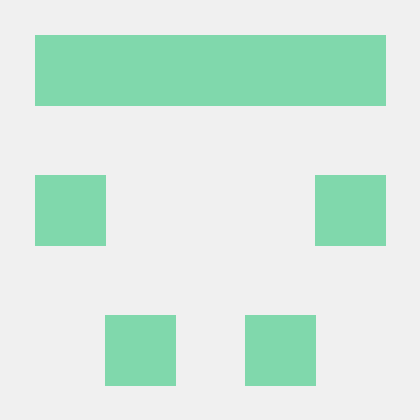Discover and explore top open-source AI tools and projects—updated daily.
This repository provides a Scala reference for Java developers, acting as a quick note-taking and reference tool derived from "Programming in Scala, Second Edition." It's intended for developers familiar with Java seeking to understand Scala's syntax, features, and paradigms.
How It Works
The project is structured as a series of notes covering Scala's core concepts, from basic types and operations to advanced topics like composition, inheritance, traits, packages, and case classes. It highlights differences and similarities with Java, explaining Scala's approach to functional programming, control abstractions, and type systems.
Quick Start & Requirements
- Installation: No explicit installation instructions are provided, suggesting it's a reference document rather than a runnable library.
- Requirements: Requires familiarity with Java.
- Resources: The content is entirely within the README, with a link to the source book for deeper understanding.
Highlighted Details
- Detailed explanations of Scala's type hierarchy, including
AnyValandAnyRef. - In-depth coverage of functional programming concepts like higher-order functions, currying, and closures.
- Comprehensive sections on pattern matching, case classes, and their integration.
- Explanations of Scala's collection library, including immutable and mutable options, performance characteristics, and common operations.
- Discussion of actors and message passing as an alternative concurrency model to Java's shared-memory threading.
- Introduction to parser combinators for building internal DSLs and parsing languages like JSON.
Maintenance & Community
- The repository is a personal project by
mbonaci. - No information on community channels, roadmap, or active maintenance is available in the README.
Licensing & Compatibility
- The README does not specify a license.
- Compatibility for commercial use or closed-source linking is not addressed.
Limitations & Caveats
This repository is a personal reference and not a formal tutorial or library. It may not cover all aspects of Scala, and its content is derived from a specific edition of a book, potentially missing newer features or best practices.
4 years ago
Inactive

 mbonaci
mbonaci Lesabotsy
Lesabotsy Bfgeshka
Bfgeshka mrakgr
mrakgr joaocarvalhoopen
joaocarvalhoopen yunwei37
yunwei37 vlang
vlang noir-lang
noir-lang binghe001
binghe001 shekhargulati
shekhargulati sugarforever
sugarforever CodyReichert
CodyReichert MrMimic
MrMimic